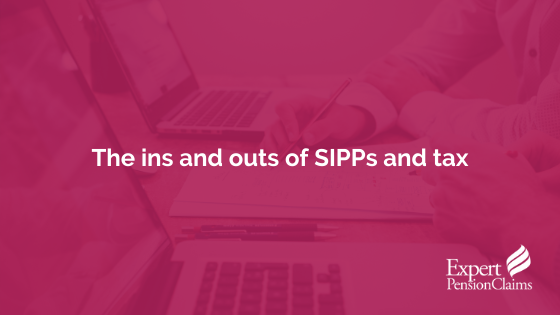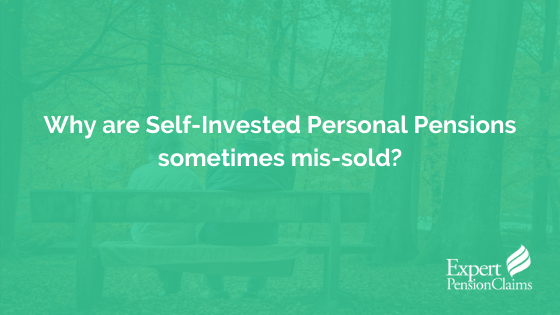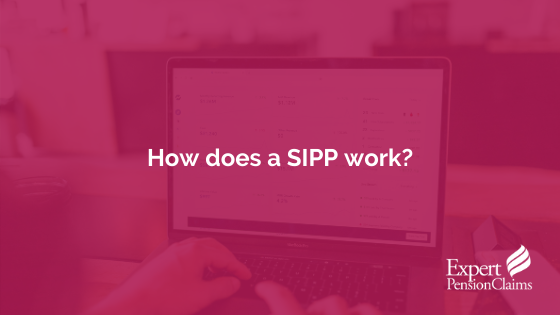One of the best and most fundamental aspects of SIPPs is that they give you complete control over your pension pot so you can manage it accordingly. That said, there are many tax-related benefits that are available, including the income tax relief on contributions allowed by the HMRC, as well as benefits regarding SIPPs and inheritance tax.
In this article, we’ve provided details about these benefits and answer the common questions that many people have.
SIPP tax advantages
1. Are SIPP contributions tax-deductible?
SIPP tax relief rules state that when you pay into a SIPP, you will receive government tax relief. You will benefit from a basic rate tax relief of 20%, so if, for example, you pay £800 into your SIPP, your investment will be topped up by £160 from the government.
If you’re a non-taxpayer, you have no earnings or earn less than £3,600 per year then you can still pay into a pension scheme and qualify to have tax relief added to your contributions, up to a certain amount.
In this scenario, the maximum you can pay in is £2,880 a year. Tax relief is added to your contribution so if you pay in £2,880, a total of £3,600 a year will be paid into your pension scheme, even if you earn less than this or have no income at all.
SIPP tax relief rates
Here are the different rates of tax relief available to those contributing money into a SIPP:
- 20% for basic rate taxpayers
- 40% for higher-rate taxpayers (anyone earning over £50,000 annually)
- 45% for additional rate taxpayers (anyone earning over £150,000)
How to claim SIPP tax relief
You will be eligible to claim SIPP tax relief if you:
- You pay Income Tax at a rate above 20% and your pension provider claims the first 20% for you (this is called relief at source)
- Your pension scheme is not set up for automatic tax relief. In this case, you must contact the HMRC
- Someone else pays into your pension (like your partner, in which case you are eligible for the 20% tax relief and should contact the HMRC
2. Are SIPPs tax-free?
In a word, yes. Like in numerous other pension schemes, investments made into a SIPP will grow free from Income Tax as well as Capital Gains Tax. As we just explained, you will also get SIPP tax relief on your pension contributions.
3. Can I take a SIPP tax-free lump sum?
Like all pensions, once you reach 55 you can take lump-sum payments directly from your pension pot. A SIPP will allow you to take a 25% lump sum payment from your pot which will be tax-free. Of course, you do not have to withdraw any money just because you have reached 55 – many savers prefer to let their funds grow in their tax-advantaged SIPP.
SIPP withdrawal tax rules state that yes, you can withdraw when you reach 55 and the money you withdraw (25%) will be tax-free. However, you will pay tax on the remaining 75% when you choose to withdraw that.
4. Are SIPP dividends tax-free?
SIPP dividends are tax-free. For whichever investments enable paid dividends, the income tax paid will be reclaimed by your provider and then returned to your account.
5. Are SIPPs Inheritance Tax-free?
SIPPs are not subject to Inheritance Tax unless you have taken the 25% tax-free lump sum (the proceeds from this once they arrive in your standard bank account will then be subject to Inheritance Tax). As long as proceeds remain untouched in your SIPP, your pension savings will remain untouched by Inheritance Tax.
6. How do I claim tax back on my SIPP?
The process is simple. When you make a contribution to your SIPP, your SIPP provider will then reclaim your tax relief from HMRC and will then pay it as cash straight into your SIPP.
If you’re a higher rate or additional rate taxpayer, this will be done through your traditional tax return.
Contact us if you have any questions
It’s a complicated area, but it is our aim to simplify the process for you. If required, we can also provide you with SIPPs pension claim advice and you can learn more about this service of ours from our many happy customers.
Alternatively, you can get in touch with a member of our team here.
In the meantime, be sure to have a read of these closely related blogs:














